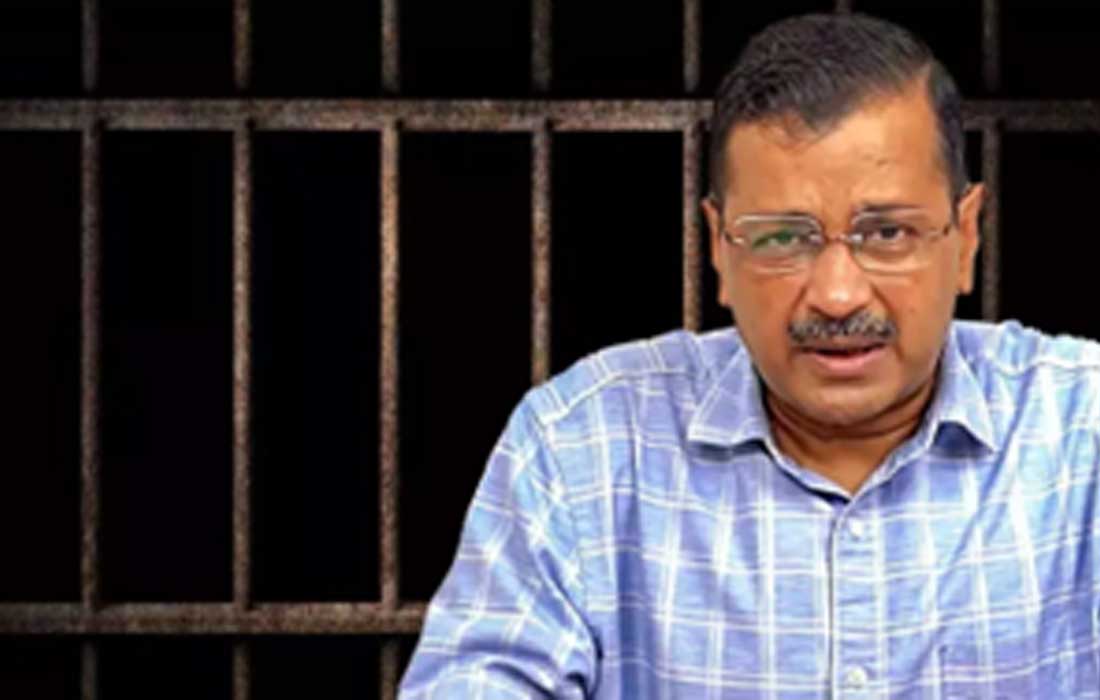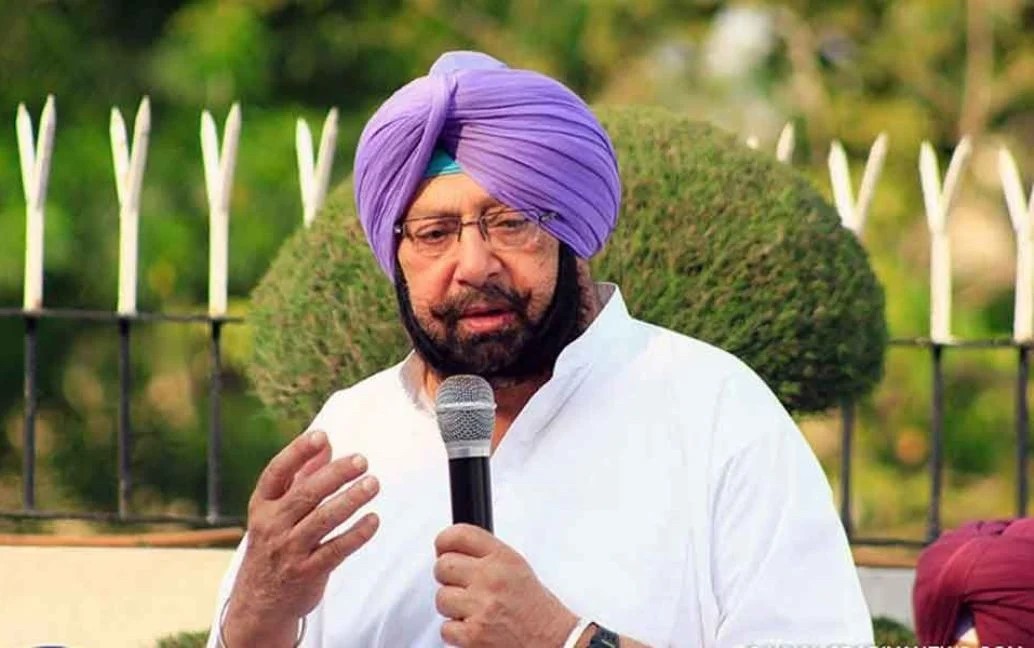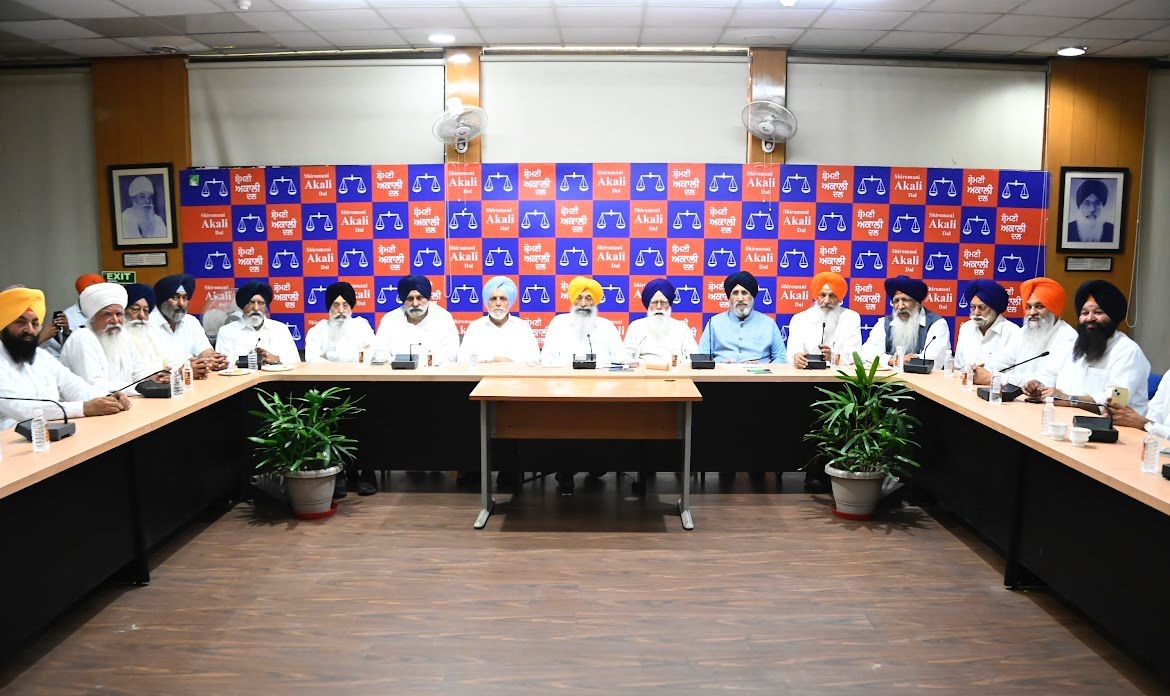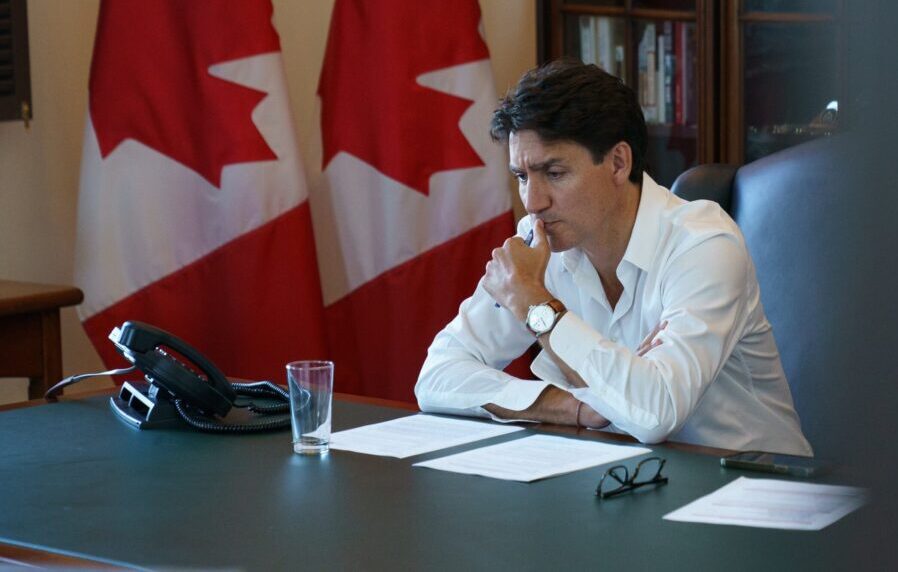Delhi Chief Minister Arvind Kejriwal has secured interim bail from the Supreme Court in a high-profile money laundering case linked to an alleged excise policy scam. Despite this legal reprieve, Kejriwal remains incarcerated in Tihar Jail, awaiting a resolution to his bail plea in a separate case handled by the Central Bureau of Investigation (CBI).
A bench comprising Justices Sanjiv Khanna and Dipankar Datta granted interim bail to Kejriwal while referring his petition challenging the Enforcement Directorate’s (ED) arrest to a larger bench. This decision aims to address broader legal principles concerning the necessity and proportionality of arrests in ED cases, where investigative discretion plays a pivotal role.
Kejriwal’s continued detention is necessitated by his arrest by the CBI in connection with the same excise policy scam, with the next hearing slated for July 17. Speculation suggests that securing bail in the ED case could pave the way for a similar outcome in the ongoing CBI matter.
This recent interim bail marks a temporary respite for Kejriwal amidst his legal battles. In May, the Supreme Court had granted him interim bail until June 1 in the money laundering case, imposing conditions that barred him from accessing the Chief Minister’s Office or the Delhi Secretariat. Kejriwal complied with these directives, surrendering on June 2 as mandated by the court.
Kejriwal’s legal manoeuvring revolves around an appeal challenging the Delhi High Court’s decision, which upheld his arrest and remand by the ED in connection with the excise policy case. He argues that his arrest, coinciding with the General Elections, was politically motivated, alleging ulterior motives behind the enforcement actions.
In a significant ruling on April 9, the High Court dismissed Kejriwal’s plea for release and underscored his non-compliance with nine ED summons over a six-month period. This factor undermined his claim of being unfairly targeted as a Chief Minister, suggesting instead that his arrest was a consequence of procedural irregularities.
The excise policy scam at the heart of these legal proceedings pertains to alleged irregularities in the Delhi excise policy for the fiscal year 2021-22, which has since been annulled. Justice Sanjiv Khanna’s bench, after contentious hearings and the presentation of evidence, has reserved its decision since May 17.
During the hearings, the Additional Solicitor General SV Raju presented allegations of money laundering involving Kejriwal, alleging transactions through hawala channels to finance the Aam Aadmi Party (AAP). In defense, Senior Advocate Abhishek Manu Singhvi, representing Kejriwal, argued that the ED lacked this crucial material at the time of his arrest.
The outcome of Kejriwal’s legal battles holds significant political ramifications, especially as the Supreme Court’s impending judgment on his appeal against the Delhi High Court’s decision is eagerly anticipated.
















